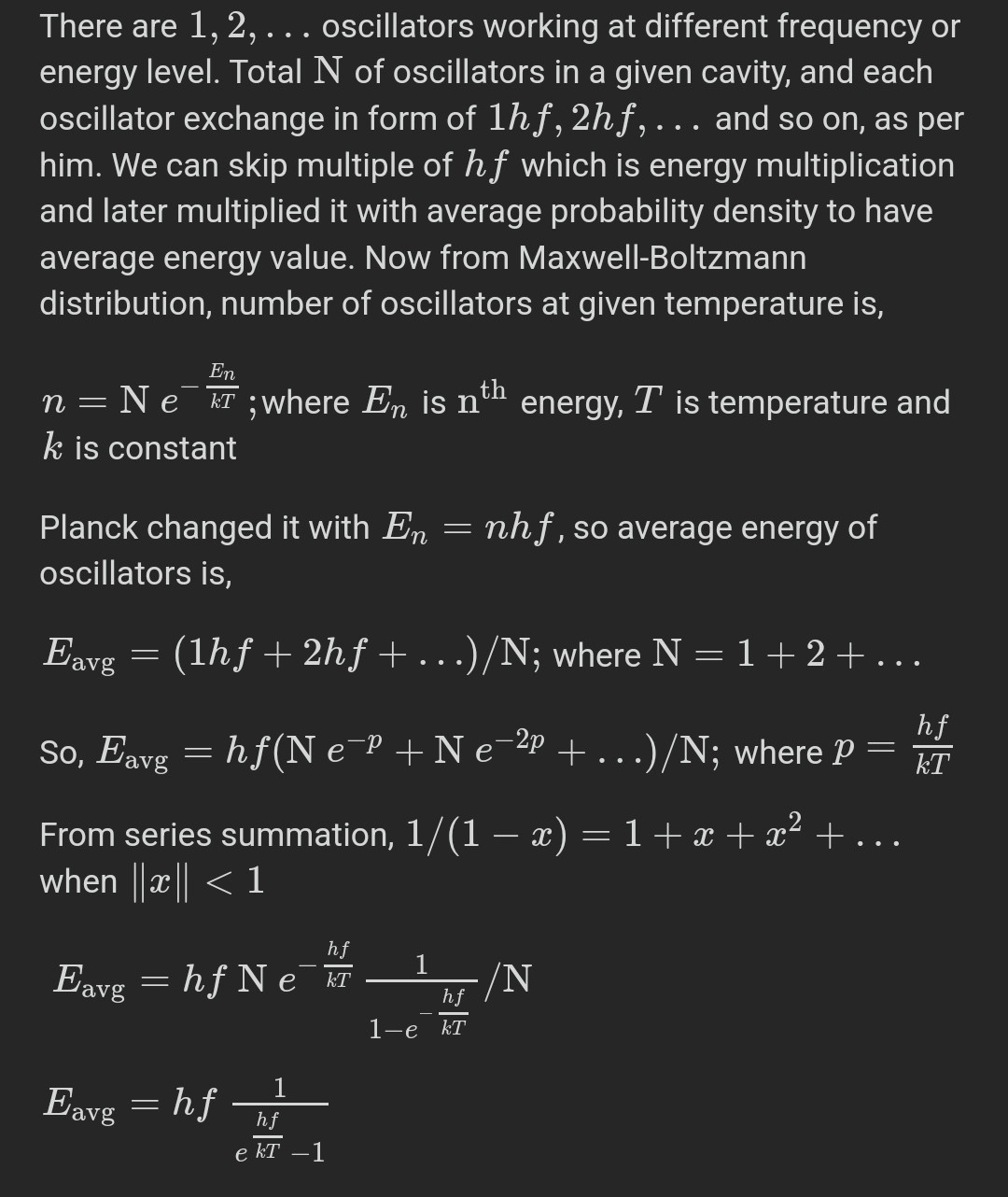Bose-Einstein condensates of molecules of a few daltons have been already created, so I was wondering: would making a Bose-Einstein condensate on a system of Quantum Dots, due to their properties, cause the system to display any different effects?
2 Answers
Bose-einstein condensate is a state of a multiparticle boson system. It is not clear in which sense QDs can be viewed as particles. Otherwise, condensates of cold atoms and excitons are mesoscopic. So are superfluidity and superconductivity - since they are characterized by a macroscopic order parameter.
One quantum-dot-like possibility is the coherence between different superconducting islands, see, e.g., this paper.
Yet, another option is polaritonic condensates, achievable in periodic semiconductor structures where optical modes are coupled to electronic transitions. This certainly has been done with the arrays of quantum dots as well, but I cannot provide an exact reference.
-
$\begingroup$ Quantum Dots can achieve a wave coherence when exposed to light, behaving like quasiparticles. This is more of a educated guess, but I don’t see any reason why you couldn’t get a system of QD’s to have an integer spin, making it feasible. $\endgroup$ Commented Mar 24, 2021 at 22:47
-
1$\begingroup$ @Evamentality This is what I mentioned as a polaritonic condensate: in this case we have excitations of photon modes coupled to electronic transitions in QDs - it is these excitations that condense, not the QDs themselves. $\endgroup$– Roger V.Commented Mar 25, 2021 at 8:03
There is no boson condensate. It was imagined to fulfill the idea of big bang inertial gravity, energy without matter and all that resulted in dark energy, dark matter. Below is image to show how finiteness of particles gives boson distribution and there is no infinite or high energy accumulate in given region.

This is distribution of boson derived in slightly unconventional way. Here I took number of total particles N as finite. You can't have probability without knowing total number of arrangements.
